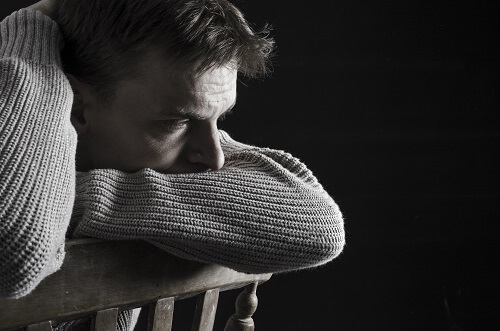HUNTER AND NEW ENGLAND AND LOCAL HEALTH DISTRICT v. MERRIN ELIZABETH MCKENNA; and HUNTER AND NEW ENGLAND AND LOCAL HEALTH DISTRICT v. SHEILA MARY SYMOND and ANOR 2014 HCA44.
Last week the High Court unanimously held that a hospital is not liable for the criminal acts of its mental health patients. In particular, a certain Hospital did not have a duty of care or legal obligation to the kin of a man that was killed by a patient who was mentally ill and had been cleared and discharged by the hospital into the man’s care.

What’s it All About?
This case involved a male by the name of Mr Pettigrove who had a significant history of mental health issues. In July 2004, Mr Rose, Mr Pettigrove’s friend, became concerned about Mr Pettigrove’s degenerating mental condition and arranged for him to be checked at the Manning Base Hospital in Taree.
Mr Pettigrove was assessed in accordance with the NSW Mental Health Act 1990 and he was detained at the hospital and administered medication and reviewed by the consulting psychiatrist. During his admission, Mr Pettigrove was noted as suffering from psychotic depression and suicidal ideation and it was necessary for him to be detained for his own safety as well as the safety of other people. Sometime later hospital suggested that Mr Rose could drive Mr Pettigrove to his mother’s house in Victoria to undergo further treatment.
The following morning Mr Pettigrove was released from the hospital and into the care of Mr Rose who had agreed to drive Mr Pettigrove to his mother’s house in Victoria. During that trip, Mr Rose was killed by Mr Pettigrove.
What about the Law?
Relatives of Mr Rose commenced legal actions in the District Court of NSW for damages for psychiatric injury they allegedly suffered caused by Mr Rose’s death. In summary the relatives claimed that the hospital, as well as the psychologist did not practise rational care and professional skills when they decided to discharge Mr Pettigrove into the custody of Mr Rose.
The matter was progressed through to the High Court following a District Court finding that there was no breach of obligation or duty of care and entered judgment for the health authority. That decision was set aside by the Court of Appeal and since special leave was granted, the health authority appealed to the High Court.
The High Court has now held that the hospital did not owe a duty of care to Mr Rose’s relatives. The Mental Health Act generally states that a mentally ill person should not be detained or admitted except if the hospital’s medical superintendent believes that no other less prohibitive care was applicable and reasonably accessible. The said legislation prohibited the detention of Mr Pettigrove and the High Court arrived at the conclusion that the implementation of the statutory obligation would not be consistent with the common law duty of care asserted by Mr Rose’s relatives.
What Does it All Mean?
This matter is interesting as it considers whether a health service owes a duty of care to a third party when exercising its statutory powers to detain and discharge a mentally ill patient.
The Mental Health Act requires minimum interference with the liberty of a patient and the High Court found that the execution of that obligation was inconsistent with the notion that the Hospital owed a duty of care to those with whom the mentally ill person may come into contact when not detained.
This is an important statement by the High Court on the importance of maintaining a legal coherence when determining the existence of a duty of care in negligence.
















You must be logged in to post a comment.